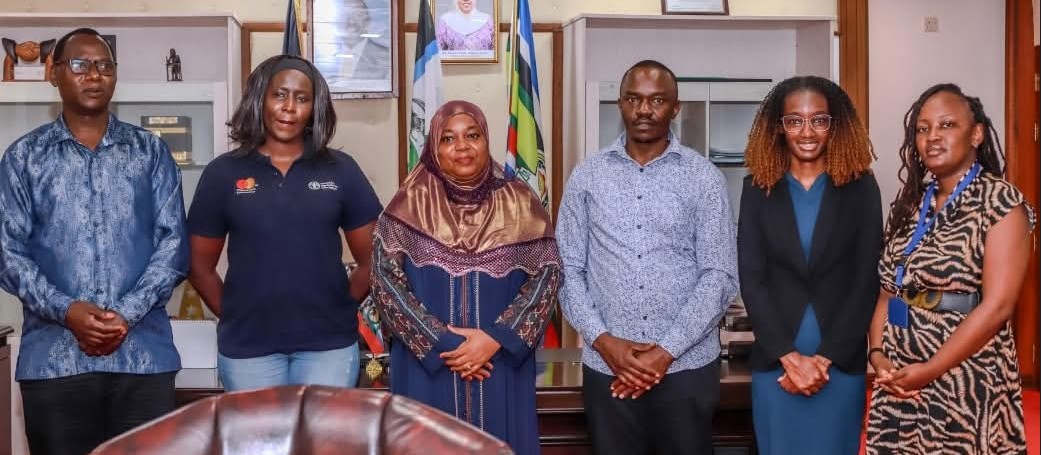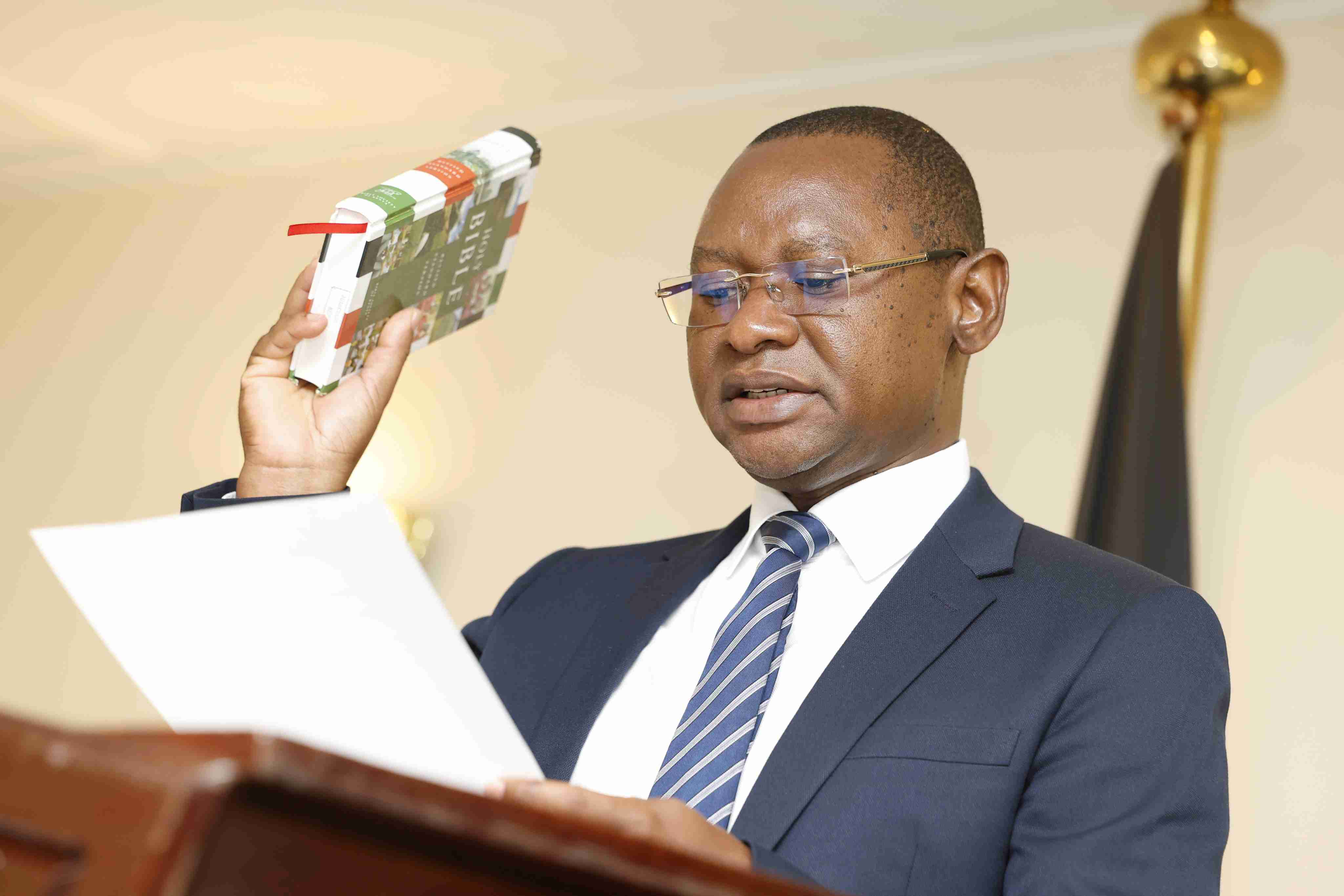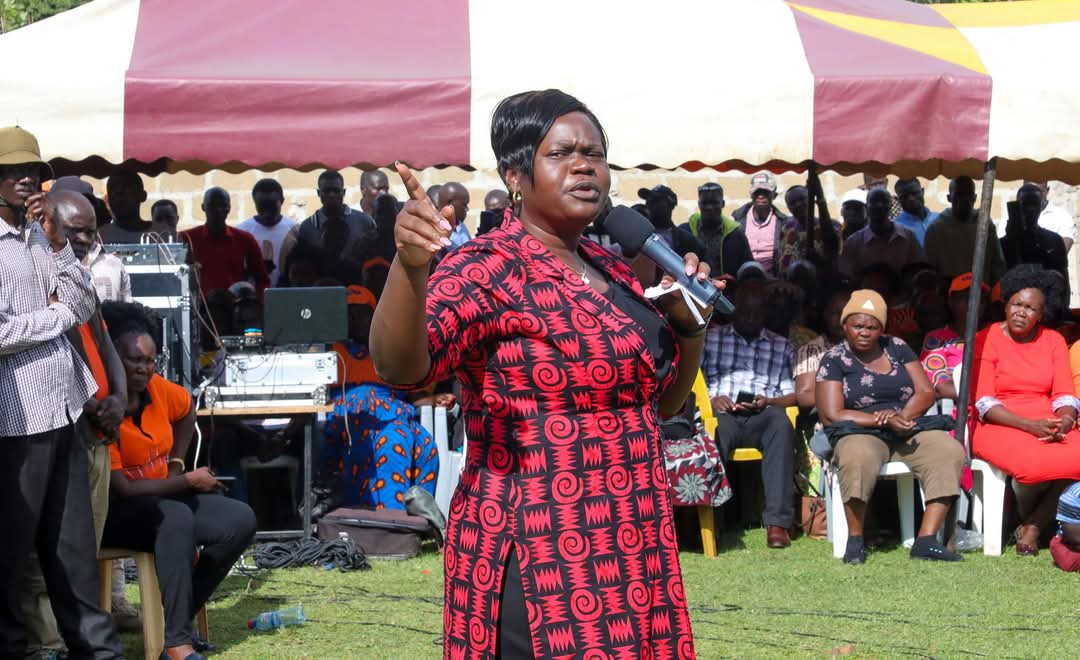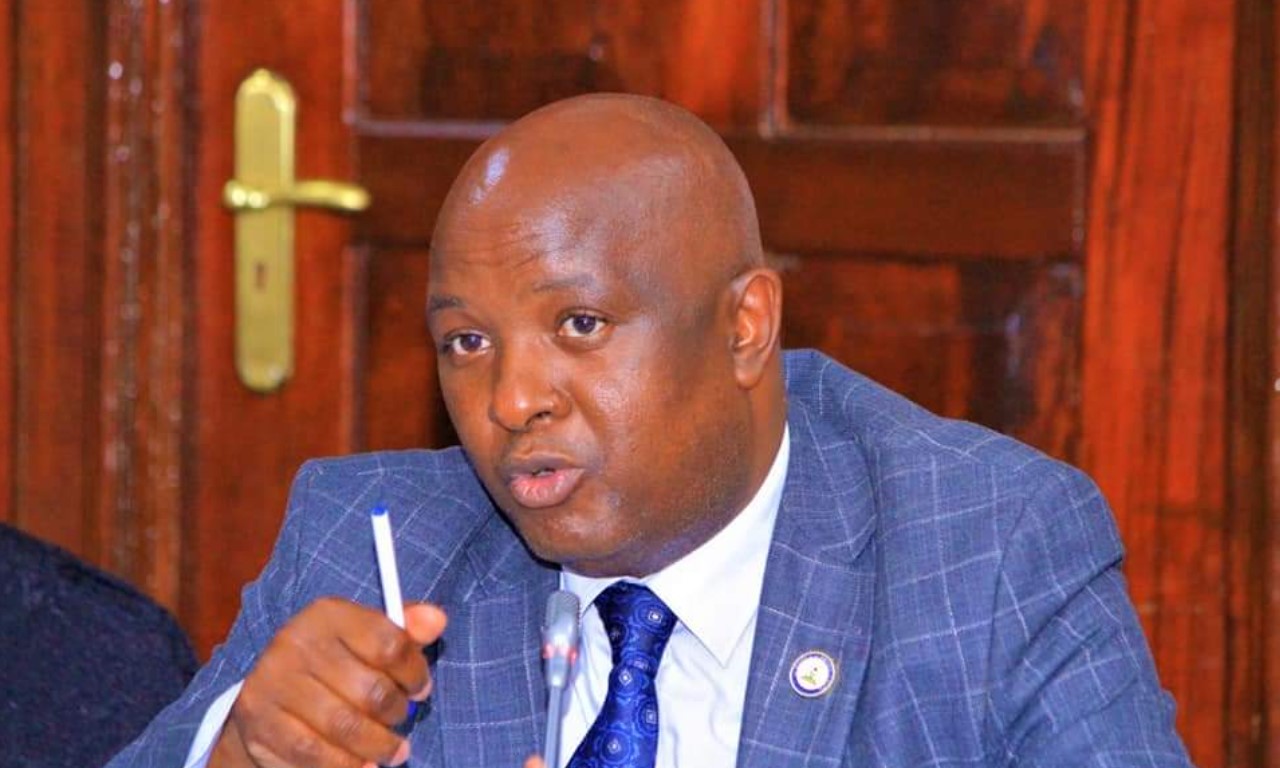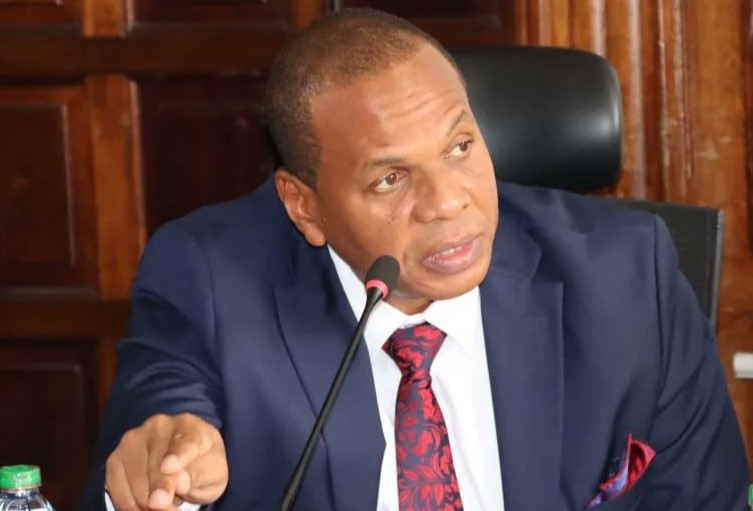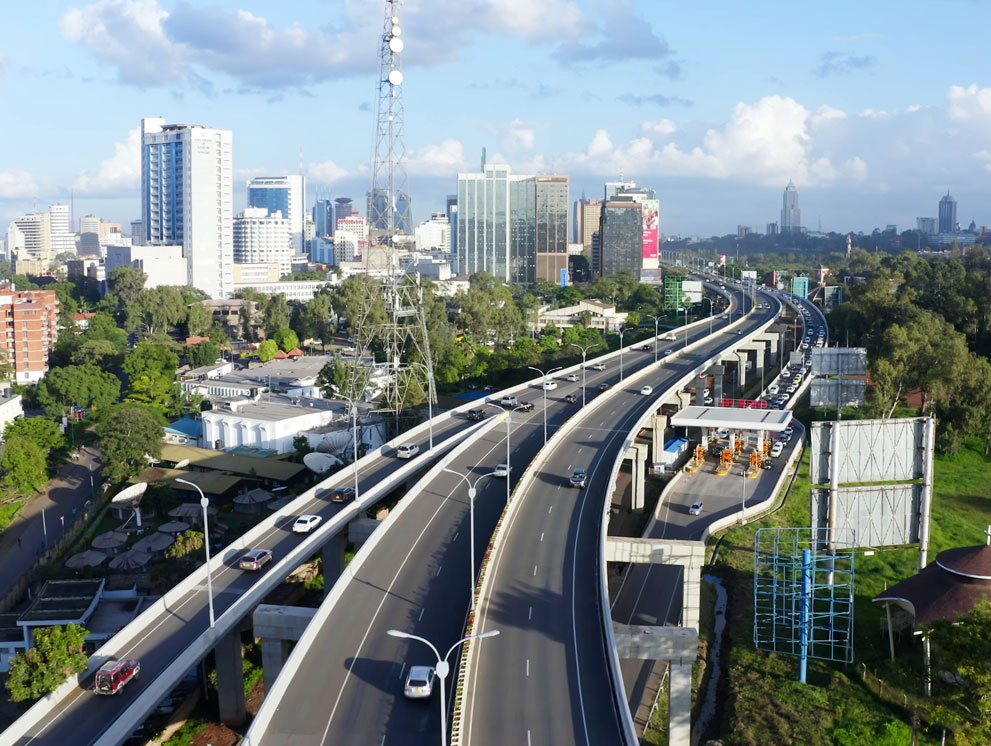UHC workers protest in Nairobi over unmet promises, harassment
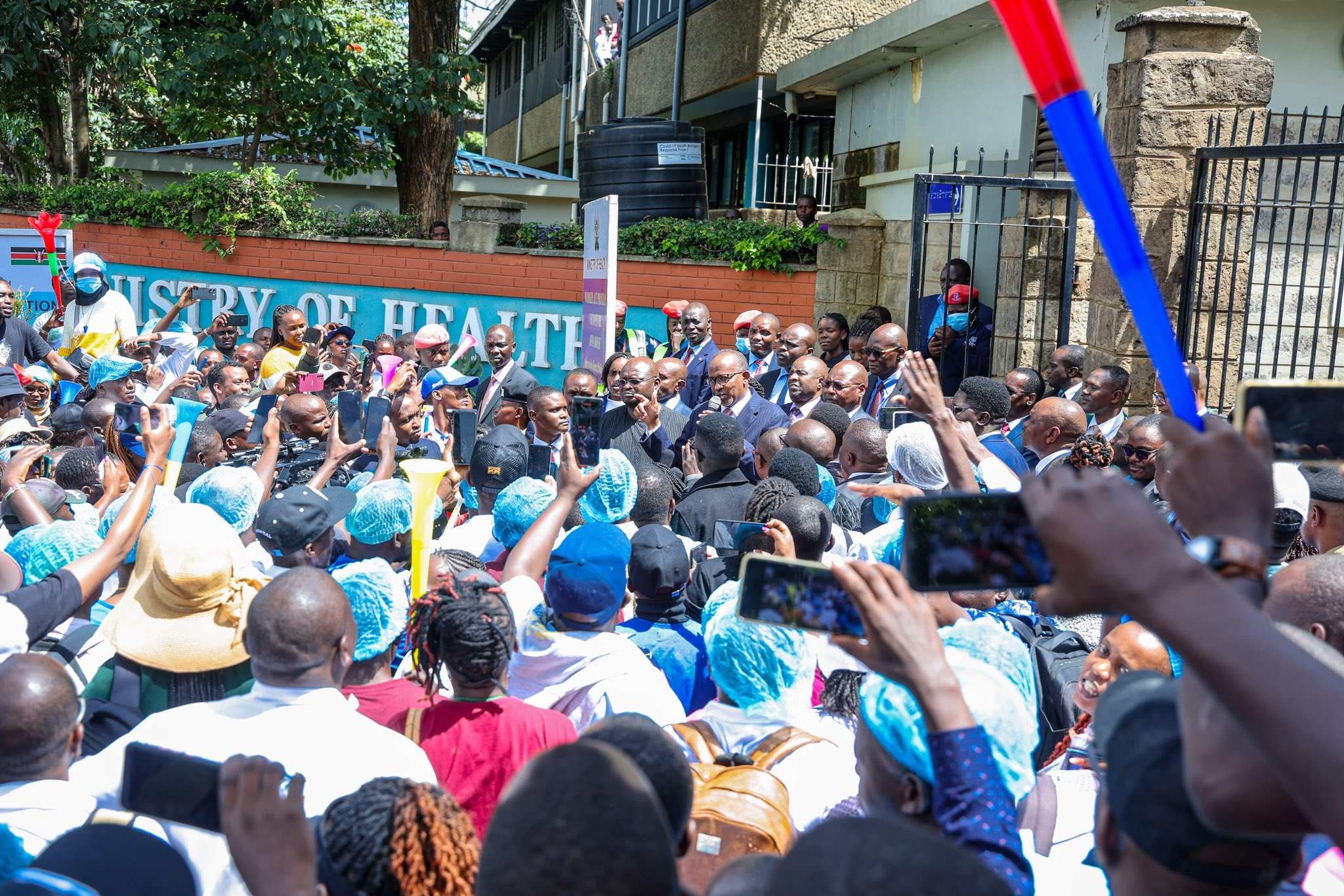
According to UHC workers, they have endured years of unfulfilled promises since their recruitment in May 2020, particularly regarding their absorption into the Permanent and Pensionable scheme.
Hundreds of Universal Health Coverage (UHC) workers took to the streets of Nairobi on Tuesday in a peaceful protest, demanding permanent jobs, payment of unpaid gratuities, and salary equalisation.
According to UHC workers, they have endured years of unfulfilled promises since their recruitment in May 2020, particularly regarding their absorption into the Permanent and Pensionable (PnP) scheme.
More To Read
- Ruto defends health reforms, cites 27 million Kenyans registered under new coverage
- Ruto targets faster healthcare access with KEMSA direct medicine deliveries to hospitals
- From free to unaffordable: Why more Kenyan women are giving birth at home again
- Only six in 10 Kenyan health facilities adequately equipped for quality care - report
- Counties undermining UHC by redirecting reimbursements, Health Committee says
- Data gaps threaten Kenya’s health goals as key indicators on mental health, drugs go unmeasured
The workers, representing different counties, are also demanding an end to harassment and intimidation, especially by chief officers.
Among the issues raised were discrimination at the county level, denial of allowances and leave days, unpaid gratuities, withheld salaries, and the government’s failure to confirm them to permanent and pensionable (PnP) terms.
The workers had been promised that they would be absorbed into the PnP scheme in 2023, but to date, no action has been taken.
They expressed their frustrations over what they described as broken promises, pointing out that despite assurances from Health Cabinet Secretary Aden Duale that the issue would be resolved within three weeks, over a month has passed without any progress.
The workers are demanding immediate government intervention to address what they describe as systemic discrimination and repeated unfulfilled promises.
This prolonged uncertainty has led to severe emotional and financial strain.
Several UHC workers have resigned, suffered from depression, or, in some tragic cases, lost their lives during the COVID-19 pandemic due to stress related to their job insecurity. Of the original 9,150 UHC staff hired, only 8,571 remain working today.
On April 15, the Ministry of Health (MOH) and the Council of Governors (COG) reached several key resolutions, including the acceleration of digital health system integration across counties, the distribution of essential medical devices, and the absorption of Universal Health Coverage (UHC) staff.
Digitalisation of health systems
In the meeting, the Ministry of Health and the Council of Governors emphasised the need to fast-track the digitalisation of health systems across the 47 counties.
This includes the distribution of necessary devices and ensuring that the health facilities are equipped with the tools required to enhance healthcare delivery and management.“The Ministry of Health and the Digital Health Agency will assess and consider Health Information Systems that are currently in use in the counties for inclusion in the Health Information Exchange portal, including Afyake,” the statement read.
Additionally, the Digital Health Agency is expected to fast-track the distribution of digital devices to the remaining counties and provide a detailed rollout plan to guide the implementation.
To further support digital transformation, both parties resolved to form a joint task force with the Ministry of ICT and the Ministry of Energy.
“The Social Health Authority (SHA) should increase allocations to the Emergency Critical Illness Fund to enhance service delivery, particularly for chronic illness cases,” read a joint statement by the Ministry of Health and the Council of Governors.
“There is a need for additional funding to support the training and capacity building of level 2 to 5 health facility in-charges on SHA registration, optimisation, and its products,” read a joint statement by the Ministry of Health and the Council of Governors.
Staffing under the UHC programme was also a major point of discussion. The Council of Governors committed to conducting a headcount of UHC staff across the counties to improve accountability.
The national government pledged to transfer funds to counties for UHC staff salaries based on the approved salary scales set by the Salaries and Remuneration Commission (SRC).
Additionally, the resolution addressed staffing concerns, particularly within the Universal Health Coverage (UHC) programme.
Both the Ministry of Health and the Council of Governors were hopeful that these decisions would enhance the overall healthcare infrastructure, ensuring that all Kenyans had better access to medical services.
The Ministry and the Council of Governors also agreed to collaborate with the Ministry of ICT and the Ministry of Energy to address infrastructure challenges, such as electricity and internet connectivity, that were crucial for the effective digitalisation of health facilities across the country.
Top Stories Today
